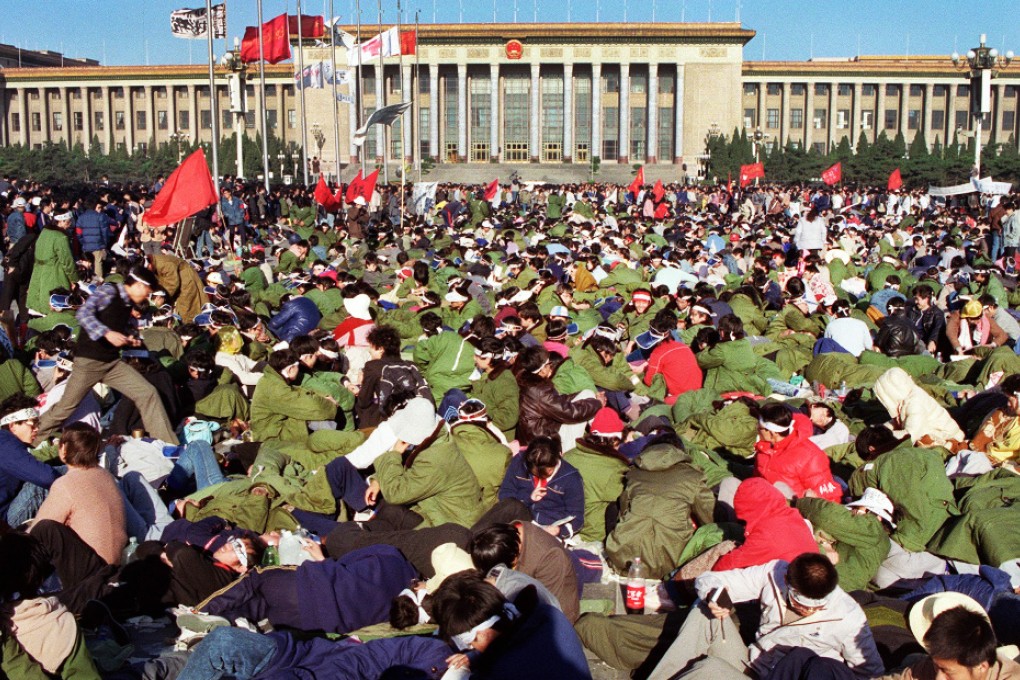Truth Commission needed to unearth facts of Tiananmen Square
C.K. Yeung says the people are entitled to know how many were killed, wounded or secretly jailed

The people's square is the best place to parade the military, the worst place to deploy the military. Twenty-five years have passed since the military crackdown in Tiananmen Square - an eternity for the bereaved and exiled, a missing chapter in official Chinese history and an open wound for the nation.
With the events on that fateful day receding from living memory, and as first-hand accounts of what happened would be inaccessible if not accessed soon, the time has come to set the June 4 record straight. The demand for political correctness has turned many into revisionists or deniers, against the dictates of their conscience.
But when all is said and done, Chinese civilisation is bigger than blindfolded flag-waving in the name of patriotism.
Tiananmen Square is heavy with history, having witnessed the pillage of rampaging foreign troops, the glorious May Fourth Movement and the founding of the People's Republic. Since 1949, security forces have suppressed many democratic activities at Tiananmen. But deploying People's Liberation Army troops to crack down on students has happened only once - and likely for the last time - as the people will not accept another June 4.
Some things are undeniable. Between June 4, 1989 and June 4, 2014, so much good has happened. In the intervening years, China has gone on to achieve the greatest economic miracle in human history.
Nobody can deny that the Chinese Communist Party has lifted more than 200 million people out of poverty, turned China into the world's second-largest economy, sent satellites and space ships into orbit and churned out seven million university graduates a year, despite the fact that the university entrance examination was restored only in 1978 and academic degree system introduced in 1980. To some, this record of achievement is justification enough to distort the history of what happened on that fateful day a quarter of a century ago.
The Chinese are a history-conscious people. Time and again, our leaders have lectured Japan on the moral necessity of "respecting history" and "facing up to historical facts". Yet we don't practise what we preach. We shy away from the inconvenient facts of history about a day that shocked the world to its core.